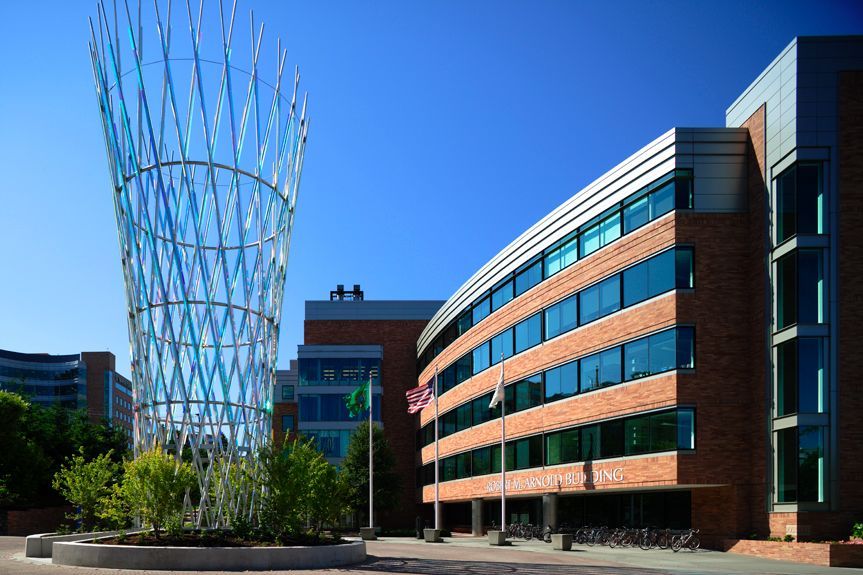CNB Exclusive Interview: researcher explains why 1 in 4 cancer patients use cannabis to alleviate symptoms
A new study found one in four patients from a Washington-state cancer center used medical cannabis to treat their symptoms in the past year.
Cannabis News Box sat down with Dr. Steven Pergam, one of the study’s lead researchers from the Fred Hutchinson Cancer Research Center, to discuss the implications of patients using cannabis to alleviate their cancer treatment symptoms.
The study surveyed 926 patients at the Seattle Cancer Center Alliance and reported 21 percent of respondents consumed cannabis in the past month, 24 percent consumed in the past year and 66 percent consumed cannabis in the past, but not recently. Patient urine samples indicated 14 to 18 percent of the 926 patients used cannabis on a daily to weekly basis.
Seventy-four percent of patients surveyed wanted to learn more about cannabis from their health provider, but most participants relied on information outside of the healthcare system since their provider could not always give extensive information.
Pergam said he was not surprised by patients trying to obtain cannabis information from their providers, but added most cancer clinicians may be uncomfortable talking about cannabis and the limited data which providers are given.
Most patients received information from family, friends and other cancer patients while also relying on newspapers, blogs and websites just as often as they would consult their provider, Pergram said.
“Despite a lack of scientific evidence, more than a quarter of patients actually thought that cannabis was helping to treat their cancer,” he said. “This indicates a need to better educate patients.”
Three quarters of active consumers said they used cannabis to help with physical symptoms, but the researchers were surprised when patients also admitted to using it for psychiatric symptoms.
“We expected cancer patients would report using cannabis for nausea or as an appetite stimulant, as these symptoms are where cannabis is most frequently purported,” Pergram said. “The frequency for which patients reported using cannabis for symptoms such as dealing with stress, coping with their illness and depression, was unexpected.”
Pergam said the medical community still doesn’t know enough about the safety and efficacy of medical cannabis in regard to cancer patients. Federal restrictions halt larger, long-term studies from taking place and researchers don’t receive the same quality of cannabis dispensaries distribute to patients.
He discouraged patients with compromised immune systems to avoid cannabis for the time being, since it could lead to lung infections or other unknown complications.
“However, with the wide variety of therapies that patients receive today, I definitely recommend that patients discuss cannabis with their cancer doctors.”
The researcher said future studies should focus on providers’ perception on medical cannabis use among their patients and more rigorous clinical trials aimed at addressing the risks and benefits of cannabis in cancer care.
Pergam also personally thanked the patients who helped the researchers making the study possible by answering personal questions about their medical cannabis use.
“A number of patients and caregivers helped us not only to design the survey but numerous others were willing to participate in the study despite dealing with their underlying illness,” he said. “None of this would have happened without their input.”










